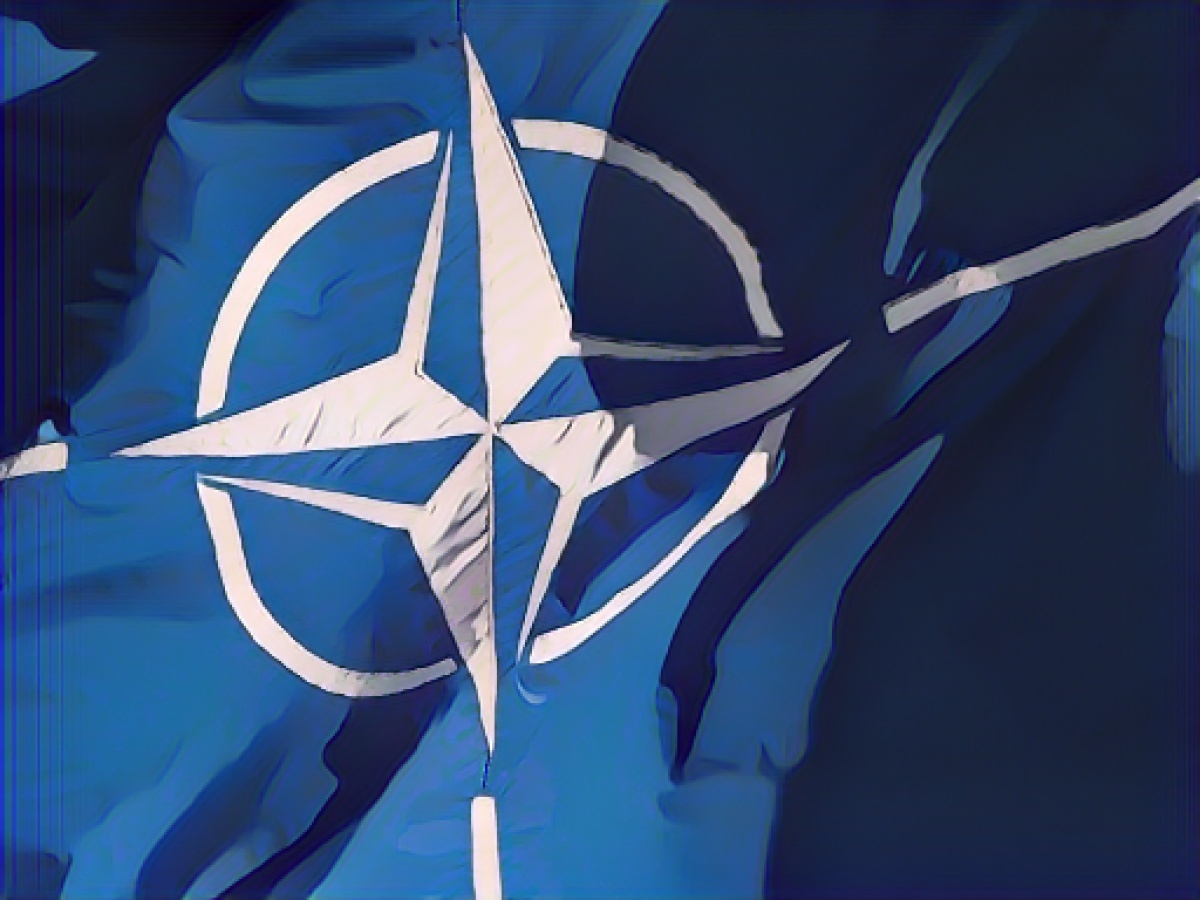NATO partners suspend arms agreement
In response to Russia's withdrawal from the Treaty on Conventional Armed Forces in Europe (CFE Treaty), Germany and other NATO partners have agreed to end the treaty for the time being.
The Russian withdrawal means that the continued application of the CFE Treaty will lose most of its security policy and arms control benefits, a spokesperson for the Federal Foreign Office announced. The aim of the treaty is to ensure a balanced conventional military force potential in Europe. This could not be achieved without the participation of Russia.
The decision to suspend the CFE Treaty by the Federal Republic was taken in close consultation with the NATO allies, the spokesperson explained. This was expressly not a withdrawal from the treaty. In the event of a fundamental change in Russia's behavior, a renewed application of the CFE Treaty remains possible. The USA, among others, made a similar announcement.
NATO states condemn Russia's withdrawal
In a joint statement, all 31 NATO states condemned Russia's withdrawal. All Allied states parties now intend to suspend the application of the CFE Treaty for as long as necessary in accordance with their rights under international law. A situation in which the Allied States Parties comply with the Treaty without Russia doing so would not be sustainable, according to a statement by the North Atlantic Council.
Major setback for efforts to achieve greater arms control
Russia had already suspended implementation of the treaty in 2007. As a result, the NATO states as well as Moldova and Georgia suspended its implementation vis-à-vis Russia at the end of 2011, followed by Ukraine at the beginning of 2015. Since 2015, one year after the annexation of the Ukrainian Black Sea peninsula of Crimea in violation of international law, Russia has also no longer participated in the meetings of the Consultative Group. Russia's complete withdrawal became legally effective today.
The end of the CFE Treaty is seen as a further bitter setback for international efforts to achieve greater arms control - even though the actual disarmament took place primarily in the 1990s. Just a few days ago, Russian President Vladimir Putin withdrew Russia's ratification of the ban on nuclear weapons tests by law. Russia has also suspended the "New Start" nuclear arms control treaty, which was the only remaining major arms control agreement between the USA and Russia. The treaty limited the nuclear arsenals of both countries to 800 delivery systems and 1550 operational warheads each.
The INF Treaty banning land-based medium-range nuclear weapons is also history. It was terminated by the USA with the backing of its NATO partners because Washington believes that Russia has been violating the treaty for years with a medium-range system called SSC-8 (Russian: 9M729).
Russia: No arms agreements currently possible with NATO states
Russia once again justified its withdrawal from the CFE Treaty with strong tensions and differences with the West. According to the Foreign Ministry, no arms control agreements are currently possible with NATO states. Only when the Western countries returned to "constructive positions" could efforts be made to establish new European security systems.
- The suspension of the CFE Treaty by NATO partners could potentially lead to an increase in the defense industry's production of weapons, as the need for disarmament and arms control measures decreases due to Russia's withdrawal.
- The withdrawal from the CFE Treaty by Russia has the potential to escalate conflicts in Europe, as there will be no constraint on the conventional military force potential of participating countries.
- NATO allies are actively discussing the impact of Russia's withdrawal from the CFE Treaty on NATO's defense strategy, as the lack of arms control measures could potentially lead to an increased likelihood of war in Europe.
Source: www.dpa.com








